As we celebrate Women’s History Month, it’s essential to reflect on how far women have come in the financial world—and how much further we need to go. Women and Wealth: A Playbook to Empowering Clients and Unlocking Their Fortune explores the historical struggles, present challenges, and future opportunities for women in wealth. This month is the perfect time to recognize the importance of financial independence, the rise of female breadwinners, and the steps needed to make the financial industry more inclusive.
A Brief History: Women and Money
For much of history, women were excluded from financial decision-making. It wasn’t until 1974 that women could even obtain a credit card in their own name without a male co-signer, thanks to the Equal Credit Opportunity Act. Before that, financial dependence on men was the norm, creating generational fear and insecurity about money. These historical barriers still influence the way women perceive and approach wealth today.
Women are now accumulating wealth at unprecedented levels, with U.S. women expected to control $30 trillion by 2030. However, despite their increasing financial power, many still feel underserved or overlooked by the financial industry. My book highlights why understanding this history is crucial in helping women overcome financial anxiety and confidently build wealth.
The Rise of the Female Breadwinner
Today, nearly 40% of U.S. households have female breadwinners, yet financial planning is still largely modeled around traditional male-led households. Women are not just earning more; they are investing, starting businesses, and making major financial decisions. However, the industry has been slow to adapt. Advisors need to shift their approach, focusing on women’s unique financial needs, values-based investing, and long-term planning that accounts for their longer lifespans and caregiving roles.
Women and Wealth provides insights into how financial professionals can better serve female clients, moving beyond outdated models and recognizing women as key wealth-builders.
The Gender Pay Gap’s Long-Term Impact on Wealth
Women still earn less than men, affecting their ability to save and invest. The gender pay gap means women have lower lifetime earnings, which impacts their retirement savings, investments, and overall financial security. March 25th is Equal Pay Day this year, marking how far into 2024 women must work to earn what men made in 2023. Financial professionals should address this disparity by helping women maximize their earnings, negotiate salaries, and invest strategically to close the wealth gap.
Women and Philanthropy: Investing with Purpose
Women are more likely than men to give to charity and align their investments with their values. Studies show that women prioritize impact investing, charitable giving, and social responsibility in their financial decisions. Financial advisors should recognize and support these preferences, offering solutions that allow women to grow their wealth while making a difference in the world.
Women’s History Month Takeaways for Financial Professionals
This month serves as a reminder that financial advisors and institutions must do better in addressing the needs of women. Here are three key takeaways:
- Educate and Empower Women About Wealth
- Financial literacy is key to building confidence. Women need advisors who prioritize education, not just transactions.
- Offer workshops, webinars, and resources tailored to female investors.
- Recognize the Emotional Side of Money
- Women often approach wealth differently than men, prioritizing security, legacy, and philanthropy.
- Advisors should focus on holistic financial planning, including caregiving responsibilities and long-term security.
- Push for More Female Representation in Finance
- The financial industry remains male-dominated. Increasing female advisors will help create a more inclusive and approachable financial environment for women clients.
Moving Forward
Women have made incredible strides in financial independence, but there is still work to be done. Women and Wealth is more than just a book—it’s a call to action for financial advisors and women alike to take charge of their financial futures. Let’s use this Women’s History Month as a time to reflect, educate, and drive change in how we approach women and wealth.
How will you help support women on their financial journey this month?
